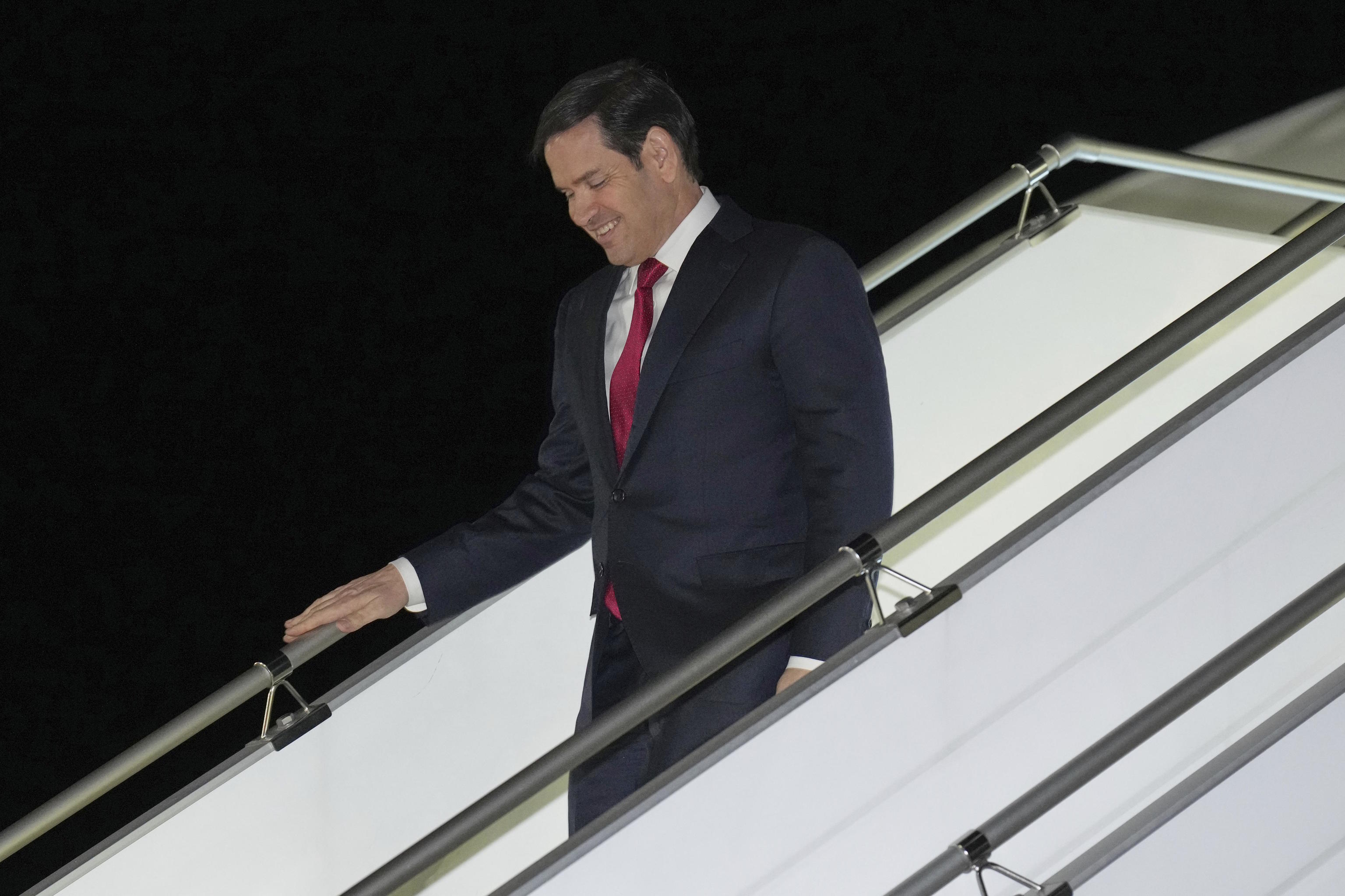On Tuesday at noon, the U.S. Secretary of State, Marco Rubio, posted a cryptic message on his personal X account. Only three characters: a bit of air, the equal sign, and fire. The obvious interpretation is that where there's smoke, there's fire. Throughout the Americas, there was no doubt that it was a very direct message to Caracas: the attack launched by the United States military against what was described as a drug-laden narco-boat heading towards the U.S., in which "11 terrorists in international waters" were killed. A warning to the Government of United States, which blames Rubio for what is happening, and days earlier had mocked the largest naval deployment since the invasion of Panama in the late 80s.
Just a few days earlier, Diosdado Cabello, Venezuelan Interior Minister and Maduro's right-hand man for many years, had dismissed the U.S. military deployment as a joke, stating they did not take it seriously. "We do not take any threats from imperialism as a joke, very seriously; what is a joke is the smoke screen," he said on his public television program. "The professional deceivers came and deceived their own people," he insisted, urging the "smoke sellers" to be "serious," as "August is ending" and their threats had not materialized. September began, and the first missile from a drone arrived.
Rubio, born in Miami 54 years ago to Cuban parents who left the island during the Batista era, served as a senator from 2011 until this year when Donald Trump chose him to lead foreign policy. A conservative and hawk particularly involved in Latin American affairs, Rubio was a rival to his current boss in the 2016 presidential primaries. A strong critic for years, but a loyal follower now. After a hesitant start, he has managed to establish himself in the president's circle, and his voice is heard, especially on the issues he knows best. While for major issues - regarding Russia and Ukraine to the Middle East-, the president delegates to special envoys rather than the formal head of diplomacy.
The Hispanic politician, who from the Senate was one of the architects of the sanctions regime against Venezuela, led efforts for the new administration to reverse the last-minute measures of Joe Biden to ease pressure on Cuba, amid negotiations to release hundreds of political prisoners. He is one of the architects of the tough stance towards Caracas, which has led the United States to deploy thousands of soldiers and ships to the region and offer rewards, up to $50 million, for tips leading to the arrest of Maduro, whom the White House labels as the leader of the Cartel of the Suns.
The Bolivarian regime is well aware of this, and that is why it attacks Rubio every day, much more than Trump. "I have no animosity towards Trump. He wants peace in the world. If he truly wants to leave that as a legacy, we [Venezuela] are his only ally. He is an intelligent man. He will know what to do," Maduro declared this week. "Mr. President Donald Trump, you have to take care of yourself because Marco Rubio wants to stain your hands with blood, with South American, Caribbean, Venezuelan blood. They want to lead you to a bloodbath," he added, pointing directly.
However, Rubio defended the military operation on Tuesday in Mexico City, stating that previous interdiction measures taken by Washington have not worked in Latin America, before issuing a warning: "They will stop when we destroy them, when we get rid of them".
Throughout the year, Caracas has been saying that "the Miami mafia led by Rubio" is behind the shifts in the White House. Sometimes Trump listens to his friends in the oil sector and approves the purchase of Venezuelan oil or tar, aiming to prevent it from reaching, at a reduced price, China. He also seemed less responsive to the requests of the opposition exile, revoking refugee status for tens of thousands of Venezuelan citizens in the United States. However, he also takes into account the opinion of the hardline Hispanic caucus in the Republican Party, notably associated with Florida, where the president's main residence is located.
Rubio has connections with Edmundo González and María Corina Machado, who lobby pointing out that Maduro is a major ally of Russia, China, and Iran. Caracas claims to have been preparing the ground for the current situation for six months. It began during his trip to Guayana in March, where he signed a security agreement and stated: "If we have information that someone has entered your country with bad intentions, we want to be able to share it with your government. We have information about a member of the Tren de Aragua gang from Venezuela. We want to ensure that we have collaboration and share news. If we have information that some drug traffickers are establishing themselves here, we want to share it with you." Guyana is one of the countries supporting the U.S. naval presence in the region.
Following Mike Waltz's hasty departure from the National Security Advisor position, his responsibilities also fell on Rubio, and Maduro directly blames him for the August 8 directive this year, a secret document leaked by which Trump authorized the Pentagon to use military force against cartels after designating them as terrorist groups. This allows the use of the same methods as in Afghanistan, for example, and not just police tactics.
However, precisely because of all these ties, that history, and such a strong stance, Trump has entrusted Richard Grenell, presidential envoy for special missions, with direct negotiations with the Bolivarian regime. From agreements for Chevron to operate in the country to trips to ask Nicolás Maduro to accept deported Venezuelans who have committed crimes in the United States, or on at least two occasions to release a group of Americans imprisoned in Venezuela.
